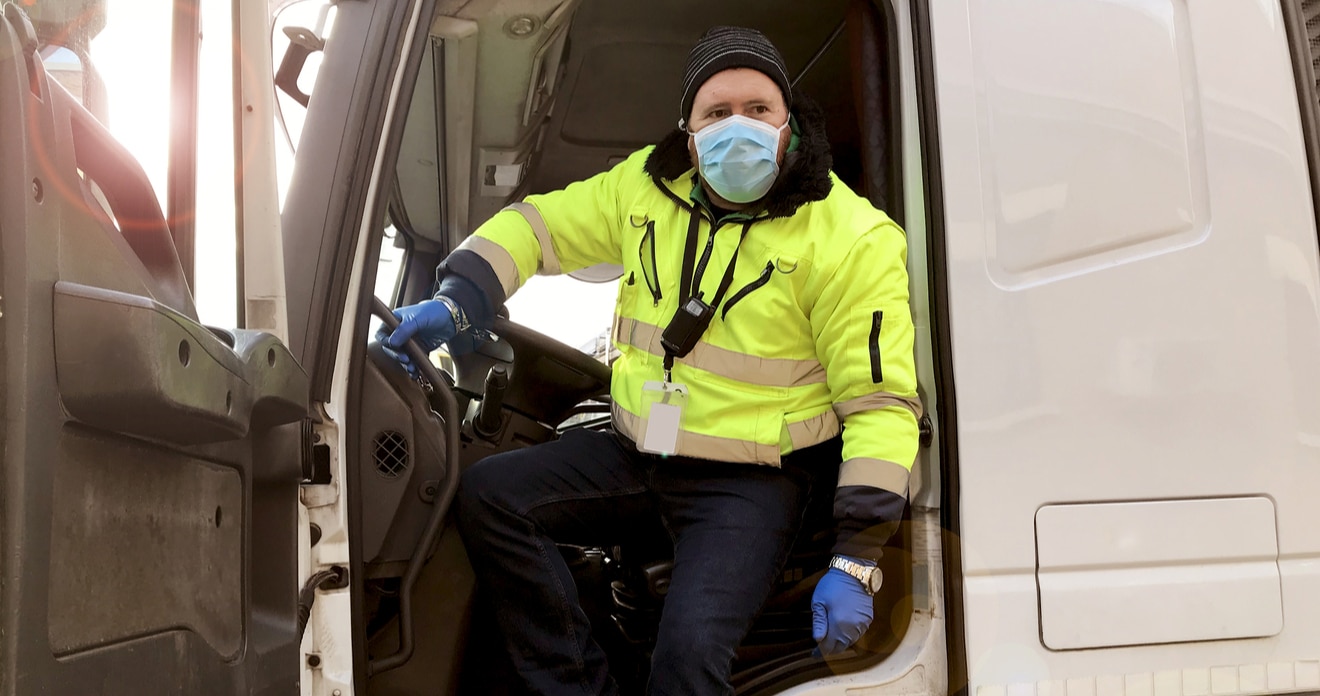Is refusing to wear a face mask a fair reason for dismissal?

The Respondent is a distribution company transporting food products; the Claimant worked as a Class 1 driver. Around 90% of the driving jobs involved delivery to the Tate & Lyle Thames Refinery site, a major supplier of the Respondent; the Claimant’s summary dismissal was for misconduct after refusing to wear a face mask at the Refinery site during a delivery, and Tate & Lyle banning the Claimant from the site as a result.
It was clear that a “good relationship with clients and suppliers was essential” to the Respondent, and that the ban from site, which the Respondent’s tried to persuade Tate & Lyle to overturn, made it not feasble for the Claimant to continue in his role. The Claimant brought a claim for unfair dismissal, arguing that the dismissal was not within the band of reasonable responses and the Respondent had failed to adequately consider his reasons for refusing to wear the mask.
Background
In May 2020, the Refinery took the decision that face masks must always be worn on site. It did not update its written rules as this was a temporary measure in response to the pandemic, although face masks were issued at the site entrance to all visitors and staff with the explanation that they must be worn at all times.
On arrival on site on 21 May, the Claimant agreed to wear a mask when he had alighted from his vehicle’s cab, but refused to wear the mask inside the cab. He was subsequently banned from the site due to breach of health and safety rules.
Investigation
During the investigation that followed, the Claimant justified his refusal to wear the mask inside his cab by stating that the written rules did not require mask wearing and neither did the online government guidance. The Claimant stressed that he was isolated in his cab and therefore the requirement was unreasonable.
Whilst at the Refinery, the Claimant was told that with no mask on whilst inside his vehicle, droplets coming from his mouth as he spoke could land on people’s faces due to his elevated position. The Claimant was told of the general need to manage risk during the pandemic and that whilst he could not be forced to wear a mask, he could be banned from site for refusing to do so; this was met with a continued refusal to comply.
The Respondent’s representatives informed the Claimant that if he was unable to carry out deliveries at the Refinery, it would materially affect his ability to do his job.
During the subsequent disciplinary hearing, the version of events presented at the investigation had not materially changed. The decision was made to dismiss; the lack of remorse by the Claimant, and insistence that he had done nothing wrong, being significant factors.
Dismissal
The tribunal found that a fair process had been followed and that such deliberate refusal to comply with health and safety instructions amounted to misconduct, that the dismissal fell within the band of reasonable responses and was fair.
The findings demonstrate that requirements for the use of PPE is a reasonable health and safety management instruction in an increasingly wide range of onsite working environments.
Whilst Employers will certainly welcome this decision, given that the dismissal was largely impacted by Tate & Lyle’s refusal to have the employee working at their site, it doesn’t give us much guidance about how future Covid PPE cases will be dealt with. We will therefore have to wait a little longer for a decision on whether dismissal for a refusal to comply with an employer’s PPE requirement is justified.